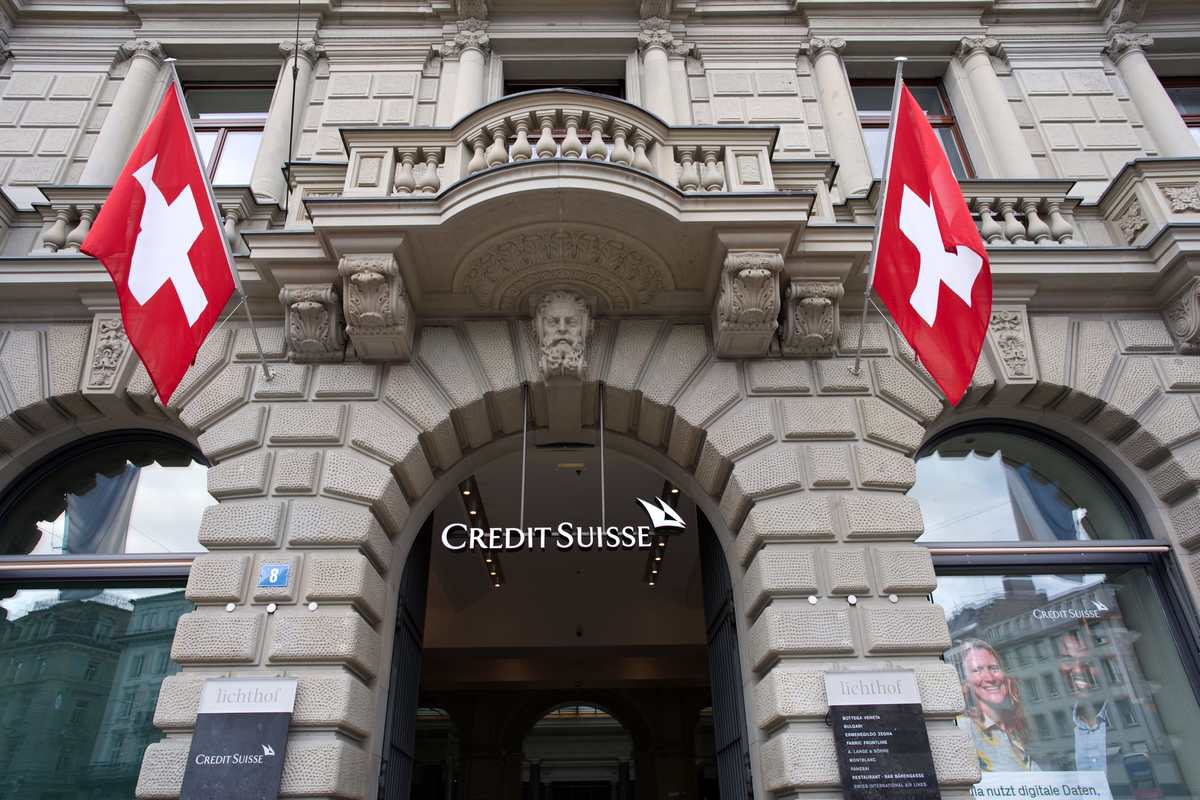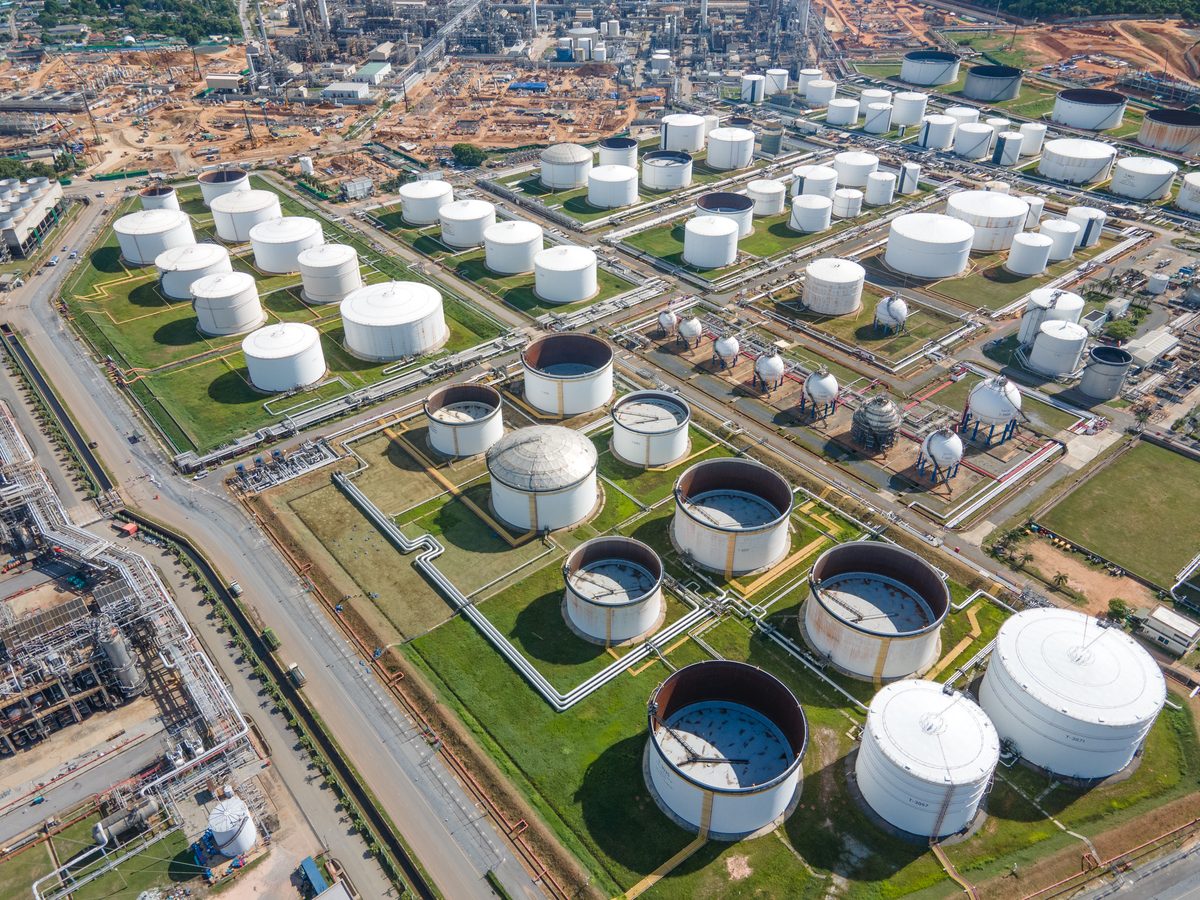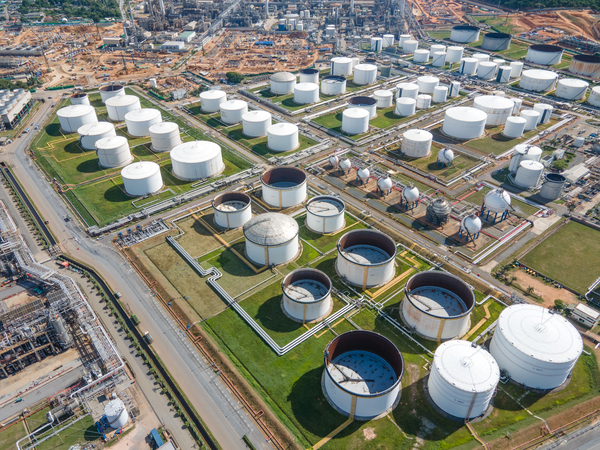Brent slumps to 15-month low amid banking crisis whiplash
Front-month ICE Brent has plunged by $4.00/bbl lower on the day, to $74.29/bbl at 09.00 GMT.
 PHOTO: Entrance of Swiss bank Credit Suisse's headquarters in Zurich, Switzerland. Getty Images
PHOTO: Entrance of Swiss bank Credit Suisse's headquarters in Zurich, Switzerland. Getty Images
Upward pressure:
The International Energy Agency (IEA) has kept its global oil demand forecast unchanged from February to March. Global oil demand is still expected to grow by 2 million b/d this year, the IEA says.
Earlier this week, OPEC also maintained its global oil demand growth forecast for 2023. OPEC has forecast global oil demand to increase by 2.3 million b/d this year to 101.9 million b/d.
Oil output from the core OPEC group was 750,000 b/d below its production target in February, according to the IEA. Russia's oil output fell 570,000 b/d short of its production target.
Downward pressure:
In the midst of the Silicon Valley Bank (SVB) fallout, the banking sector has taken a new hit. One of the world's largest investment banks, Credit Suisse, has been denied more lending by its largest investor Saudi National Bank, according to Reuters. This news has rattled financial markets, leading to a sell-off across all asset classes.
Investor confidence in riskier assets and interest-rate-sensitive commodities like oil has diminished due to the uncertainty in the global economy caused by the banking crisis. The ripple effect of this has further lowered Brent's value.
“Brent crude [futures] fell to a 15-month low as the sell-off triggered a wave of technical selling, with financial institutions dumping crude futures to limit their exposure to falling prices in the options market. This comes amid renewed fears of weakness in the physical market,” says ANZ commodity strategist Daniel Hynes.
“Right now all the headlines appear to be rather bearish for the crude demand outlook,” OANDA’s senior market analyst Edward Moya says. “Credit Suisse is a bank that matters and contagion risks won’t be easing anytime soon, the US consumer is weakening, and China’s outlook is not looking so robust after unemployment rose and on worries over the real estate market.”
The IEA has predicted that despite Russia’s March production cut of 500,000 b/d, the global oil market will settle at a surplus in the first half of this year, with supply “comfortably” exceeding demand.
By Konica Bhatt
Please get in touch with comments or additional info to news@engine.online






